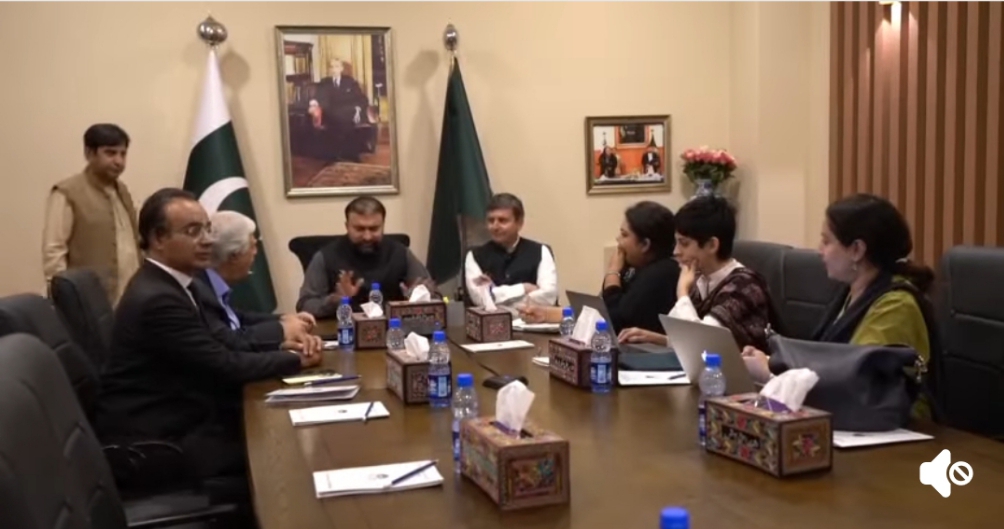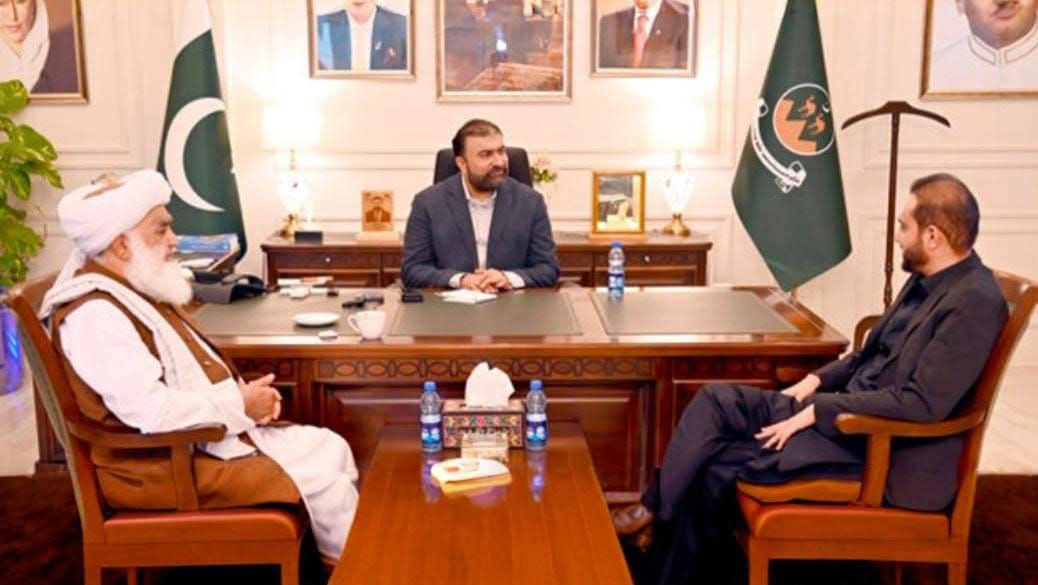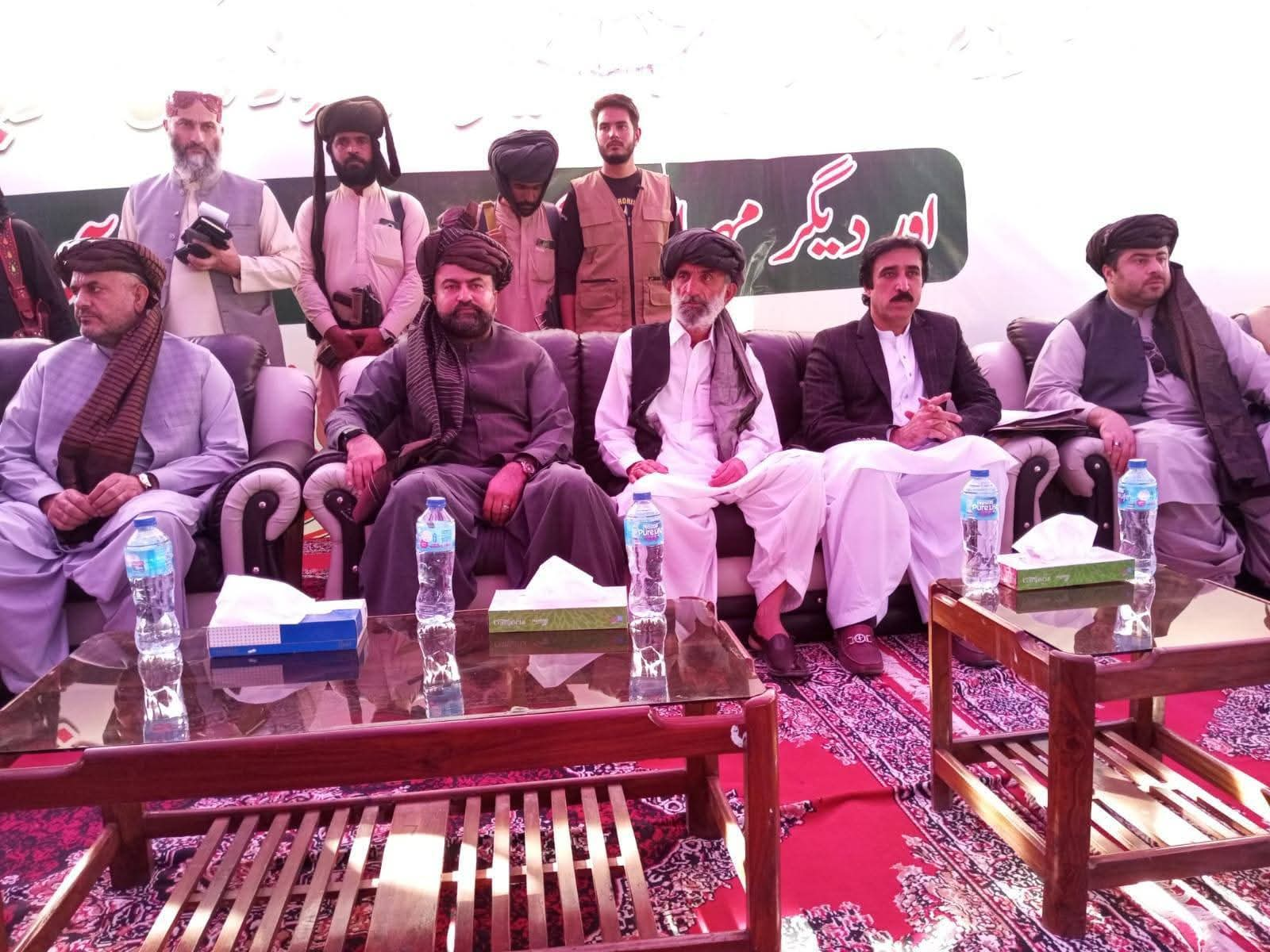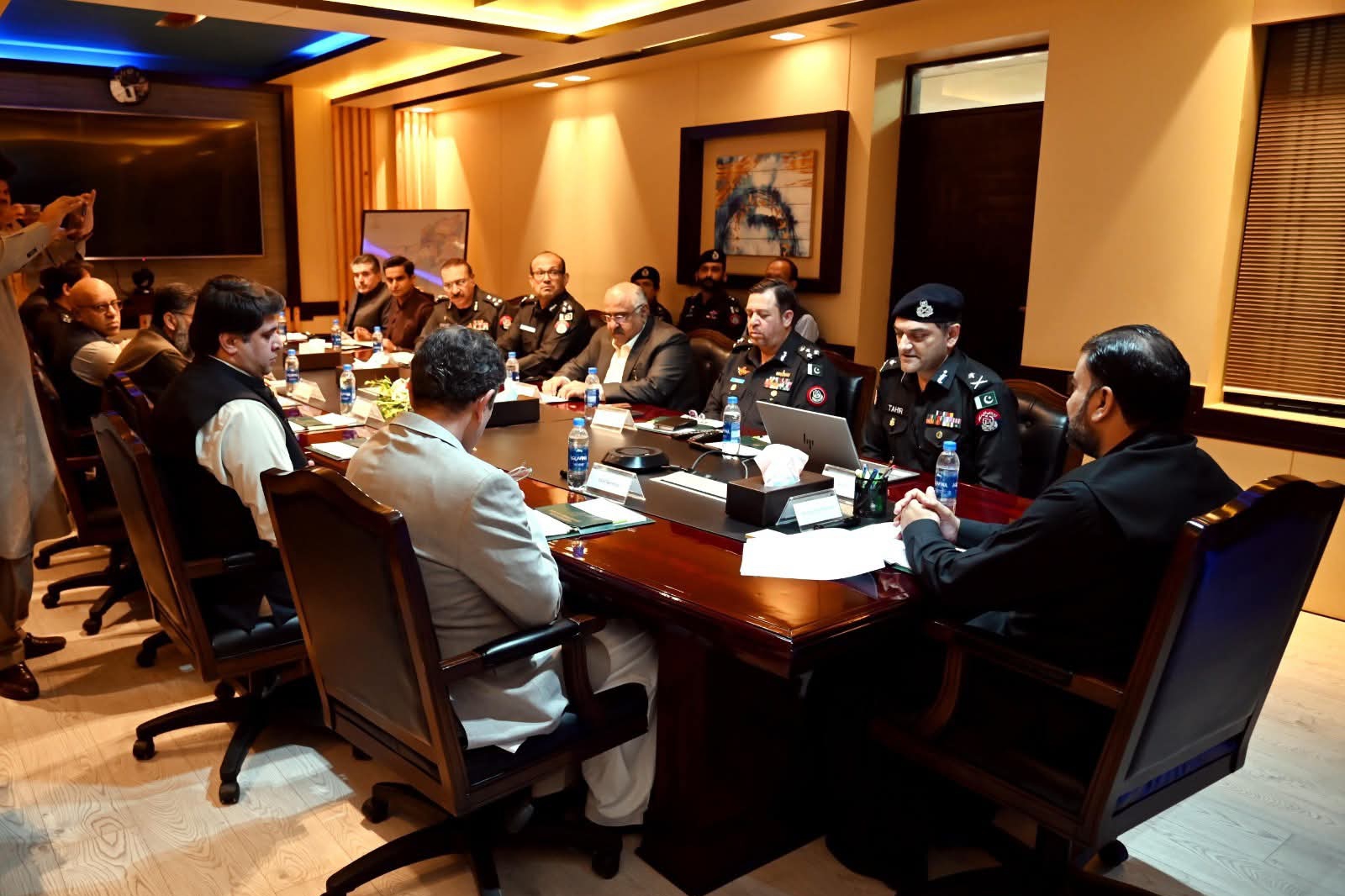
Chief Minister of Balochistan, Mir Sarfraz Bugti, met with a delegation from the Human Rights Commission of Pakistan (HRCP) to discuss the overall situation of the province, including law and order, human rights, and efforts toward social development. During the meeting, the Chief Minister provided a comprehensive briefing on the progress made in Balochistan and the challenges faced by the province. He emphasized that the perception of Balochistan outside the province often does not reflect ground realities, making it essential for human rights organizations to fully understand the region’s true history and current situation.
Speaking on the historical context, Mir Sarfraz Bugti clarified that the accession of the State of Kalat to Pakistan was not forced but took place with mutual consent. He stated that elements involved in anti-state activities are committing serious human rights violations under the guise of advocacy. Referring to the targeted killings of innocent people based on identity, he described these acts as part of the nefarious agenda of “Fitna-e-Hindustan” and asserted that such acts of terrorism are not about fighting for rights but about attempting to divide Pakistan.
The Chief Minister underlined that terrorist groups have no interest in dialogue and are only focused on dismembering the country “like a cake.” He stressed that the state is responsible for protecting the life and property of every citizen and has the constitutional authority to take decisive action against terrorists. Addressing the issue of missing persons, he remarked that it is not exclusive to Balochistan, but affects other parts of the country and even other regions of the world. Nevertheless, he said comprehensive legislation has already been enacted in Balochistan to ensure the protection of fundamental rights.
Mir Sarfraz Bugti also urged human rights organizations to unequivocally condemn the killings of innocent Punjabis and all forms of terrorism. He reaffirmed that the Constitution of Pakistan guarantees equal rights to all citizens and that targeting individuals based on ethnicity or identity is unacceptable. He concluded by stressing that human rights discourse should not be used to amplify anti-state narratives and that positions must be based on factual understanding.






